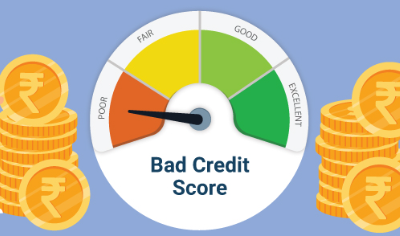The gig economy has transformed the way people work, offering individuals the freedom and flexibility to pursue independent gigs, freelancing, and side hustles outside of traditional employment structures. Whether it’s driving for a rideshare service, freelancing as a graphic designer, or selling handmade crafts online, the gig economy presents a wealth of opportunities for those seeking additional income streams or a more flexible work-life balance. In this comprehensive guide to the gig economy, we’ll explore the ins and outs of freelancing and side hustles, highlighting their benefits, challenges, and strategies for success.
1. Understanding the Gig Economy
Overview:
- Definition: The gig economy refers to a labor market characterized by short-term, freelance, or temporary work arrangements, often facilitated through digital platforms or online marketplaces.
- Flexibility: One of the key attractions of the gig economy is its flexibility, allowing workers to choose when, where, and how much they work, fitting gigs around other commitments or responsibilities.
- Diverse Opportunities: The gig economy encompasses a wide range of industries and occupations, from transportation and delivery services to creative freelancing, virtual assistance, and online tutoring.
2. Benefits of Freelancing and Side Hustles
Advantages:
- Flexibility: Freelancers and side hustlers have the autonomy to set their own schedules, choose their projects, and work from anywhere with an internet connection.
- Additional Income: Side hustles can provide a supplemental source of income to complement traditional employment or serve as a primary income stream for full-time freelancers.
- Skill Development: Engaging in freelancing or side projects allows individuals to hone their skills, explore new interests, and build a diverse portfolio of work experience.
3. Challenges of the Gig Economy
Considerations:
- Income Stability: Gig workers may experience income variability due to fluctuations in demand, seasonal trends, or market competition, requiring careful budgeting and financial planning.
- Benefits and Protections: Freelancers often lack access to traditional employee benefits such as health insurance, retirement plans, and unemployment benefits, necessitating proactive measures to secure adequate coverage and protection.
- Self-Management: Working as a freelancer or side hustler requires self-discipline, time management, and organizational skills to balance multiple projects and meet deadlines effectively.
4. Strategies for Success in the Gig Economy
Tips:
- Specialize and Differentiate: Identify your unique skills, strengths, and areas of expertise to stand out in a competitive market and attract clients or customers seeking specialized services.
- Build Your Brand: Invest in building a strong personal brand and online presence through professional portfolios, social media profiles, and networking platforms to showcase your work and attract potential clients or customers.
- Diversify Income Streams: Explore multiple revenue streams within the gig economy, such as offering a combination of services, selling digital products, or monetizing content through affiliate marketing or sponsorship opportunities.

5. Navigating Legal and Financial Considerations
Guidance:
- Legal Protections: Familiarize yourself with the legal requirements, regulations, and tax implications associated with freelancing and side hustles in your jurisdiction, seeking professional advice if necessary to ensure compliance and mitigate risks.
- Financial Planning: Develop a comprehensive financial plan that accounts for income variability, tax obligations, retirement savings, and emergency funds to achieve financial stability and security as a gig worker.
6. Conclusion
The gig economy offers unparalleled opportunities for individuals to embrace flexible and independent work arrangements, pursue their passions, and achieve financial freedom on their own terms. By understanding the benefits, challenges, and strategies for success in freelancing and side hustles, aspiring gig workers can embark on a fulfilling journey of entrepreneurship and self-empowerment.





